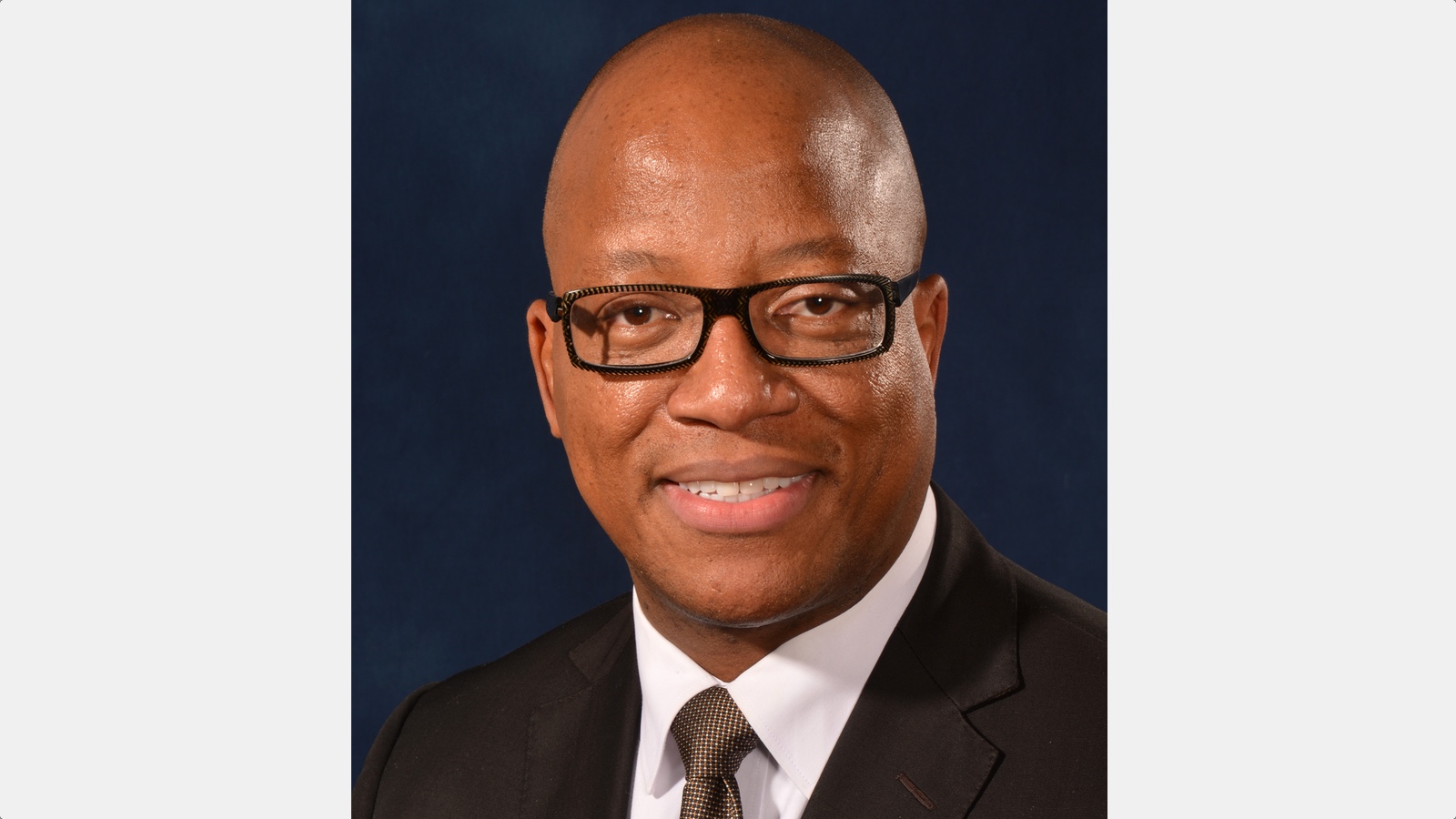Professor Fenton is a medical doctor, academic and public health specialist who has played a pivotal role in shaping public health in both the United States of America and in the United Kingdom.
Professor Fenton grew up in Jamaica and it was whilst doing his medical training at the University of West Indies that he first began to contemplate a career in public health. Even at this young age, he recognised the enormous potential for public health to impact positively upon many people. After finishing medical school, he went on to earn a Masters in Public Health from the London School of Hygiene and Tropical Medicine and a PhD from University College London. He subsequently became a Lecturer and then Senior Lecturer at UCL, where he combined academic research with health service work as a public health practitioner. This focus on academic research and applied practice put him in a unique position to develop, as well as implement, public health systems and strategies.
In his academic work, Professor Fenton has published over 250 peer-reviewed scientific papers in internationally leading journals such as The Lancet, The British Medical Journal, and The New England Journal of Medicine. Such academic achievements would delight a retiring full-time Professor after a lifetime in academia. In Professor Fenton’s case, these academic achievements are upstaged and outdone by his other work as a public health leader and advocate.
Professor Fenton became Director of the HIV and Sexually Transmitted Infections Department for the UK Health Protection Agency in 2002. In 2005, he moved to the USA and became the Director of the Center for Disease Control (CDC) National Center for HIV/AIDS, Viral Hepatitis, STD and TB prevention. Under his leadership, CDC introduced new systems and procedures in the USA that have since positively impacted upon millions of lives. He transformed the policy regarding screening for HIV and this has reduced the incidence of undiagnosed HIV in the USA and ultimately led to a change in the World Health Organisation policy regarding HIV screening. He initiated similar changes for the screening of Hepatitis C and he also introduced prophylactic pharmacological treatments to reduce the transmission of HIV in people at high risk of infection.
In 2013, Professor Fenton moved back to the UK to become the National Director for Health and Wellbeing at Public Health England. In this role, he was responsible for national prevention programmes including screening for cancer and chronic conditions, such as cardiovascular disease and diabetes. One of these screening programmes, the NHS Health Check for men and women aged 40-74, has already screened over five million people since 2013. As a result of this programme, tens of thousands of people have received medication and support for conditions that they would not have known about until it was perhaps too late. In addition to screening programmes, Professor Fenton has been responsible for health marketing campaigns and wellbeing programmes that will be familiar to many of us in the UK, such as Change4Life, One You, Stoptober, Be-Clear-on-Cancer and Dementia Friends.
Public health is not straightforward. Decisions are challenging because the evidence is rarely perfect and the implications are usually very profound and there will always be people ready to pounce with criticism. Professor Fenton has shown great leadership in making difficult decisions that challenged orthodoxy. One example is supporting the use of e-cigarettes as a route to reduce the health harms from tobacco use, a decision that has been subsequently vindicated through consensus statements from all the major public health bodies in the UK.
Vice-Chancellor, I present to you Professor Kevin Fenton who has shown us that ideas formed whilst an undergraduate can develop into systems and strategies that positively impact on millions of people and who is eminently worthy to receive the Degree of Doctor of Health, honoris causa.
